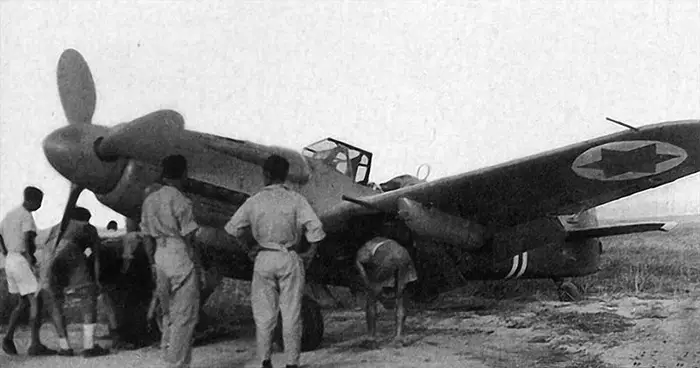I became your enemy because I tell you the truth
“You can fool some of the people all the time and all the people some of the time,
but you can’t fool all the people all the time.” A. Lincoln
In late 1947, the Jews of Mandatory Palestine were in a parlous state. They knew the Arab armies were preparing to attack them, from the south, the north, and the east, in order to snuff out the young life of the Jewish state, should the Jews declare their independence. Azzam Pasha, the Secretary-General of the Arab League, in 1947 warned the Jews that if war broke out, it would become “a war of extermination and momentous massacre which will be spoken of like the Mongolian massacres and the Crusades.”
Against all odds, the Jews prevailed, and the foiling of the Arab plan to destroy Israel is what the Arabs call the “Nakba.” Israel’s survival was indeed, for them, a catastrophe.
In 1948, there were 650,000 Jews in Israel. Many of them were recent arrivals from DP camps in Europe, people who had survived the death camps, but only just. Many were weakened physically and mentally by all that they had endured. Among them were many children, and many of those children were orphans. These Jewish refugees had gone through so much, not only in labor and Nazi camps, but in trying after the war to get to Palestine when the British made it so hard, by blockading ships carrying Jews, preventing desperate Jewish refugees from landing. How high can your morale be, when you are the only one of your family to survive?
And then there was the problem of weaponry. In November 1947, an international embargo on arms to both the Jews in Mandatory Palestine and to the Arab states. was declared. In theory it was “even-handed,” but in practice it was far more damaging to the Jews, who at that point had about 10,000 rifles and 900 machine-guns, and not much more. The Arab armies were already well-equipped, including those of of Iraq, Egypt and, especially, Jordan, with its British-officered and British-trained Arab Legion, led by Lt.-General John Bagot Glubb (“Glubb Pasha”). Despite the embargo, during the war the Arab Legion continued to receive weapons shipments from the U.K.
Against all odds, the 650,000 Jews of Israel — 200,000 of them, at most, were men of military age, held out against five Arab armies from countries with a combined population of 30 million. By late 1947, with the weapons embargo in place, Israeli agents were desperately looking for weapons to buy. By the beginning of 1948, the Jews still had only small arms, including some 900 machine guns, but no heavy artillery, no tanks, and above all, no planes. Fortunately, early in 1948, despite the arms embargo, Israel managed to buy from Czechoslovakia 400 tons of mortars and other heavy machinery, aerial bombs, rifles, ammunition, machine guns, flamethrowers, explosives, tanks, and combat vehicles. And later in the same year, the Czechs sold Israel twenty-four Czech-built Avia S-199 fighters, a lesser version of the German Messerschmitt. In the fall of 1948, the Czechs sold 61 Spitfires to Israel. It was those shipments of arms, and especially of the Avia S-199 fighter jets, that prevented an Israeli defeat early on.
It happened this way. During the 1948 war, many thousands of Egyptian troops massed in the Sinai, with 6,000 of them headed toward Tel Aviv. Had they taken the city, that would have been the end of the war, with the Jews’ total defeat, likely to have been followed by those “momentous massacres” that Azzam Pasha had predicted. But four of those Czech planes –the Avia S-199 fighters — arrived just in time to save the day. When Israel declared its independence on May 14, 1948, the Israeli Air Force consisted of exactly four planes — four bastardized Czech versions of the German Messerschmitt. On May 29 of that year, large Egyptian forces had advanced to within 17 miles of Tel Aviv and Israel decided to gamble its entire air force — four planes and four pilots — in an attack on the Egyptian advance columns.
The attack was led by an experienced American Marine fighter pilot, now a volunteer fighting for Israel, Lou Lenart, who had fought in the Pacific all through World War II. He was backed by Ezer Weizman, who would later become President of Israel, by Eddie Cohen, a South African who was shot down during the attack, and by Mordecai Aloni, another Israeli pilot.
More on that minuscule Israeli Air Force’s first battle can be found here.
All it takes for Evil to triumph is for good people to do nothing
VIDEO: Meir Kahane. I DID NOT SAID IT, I DID NOT WRITE IT
Michael Loyman
